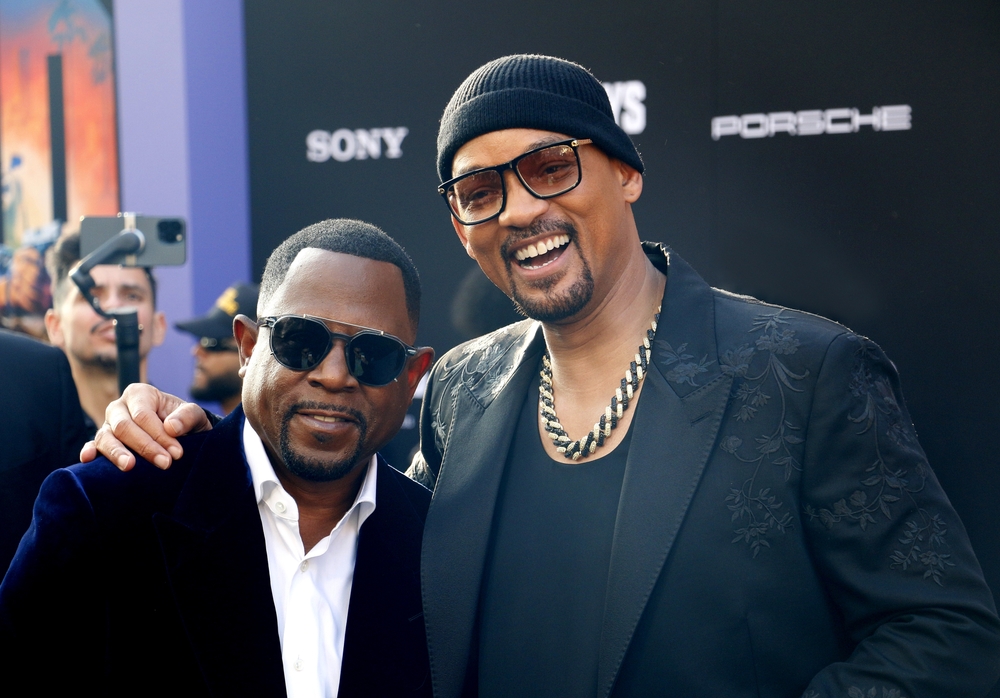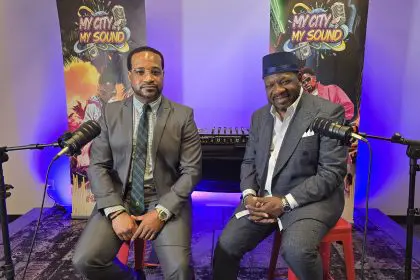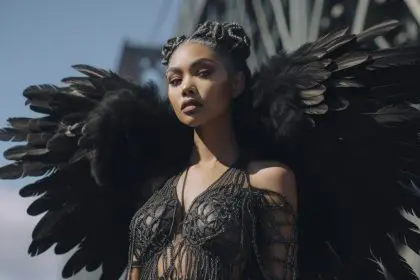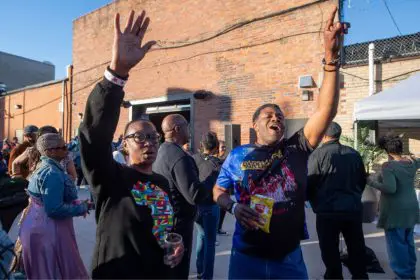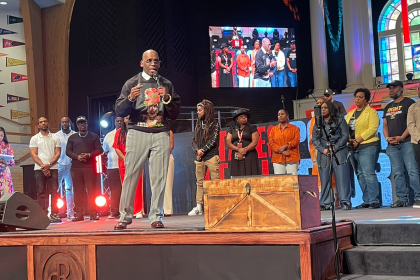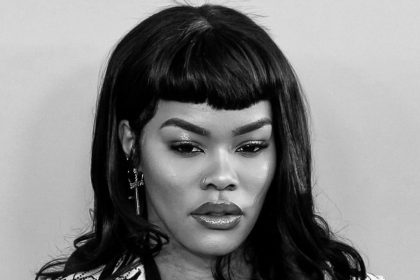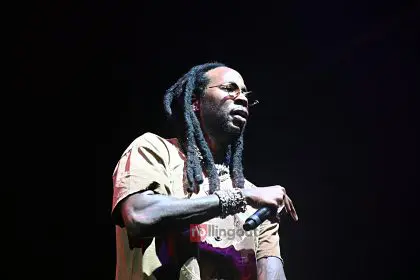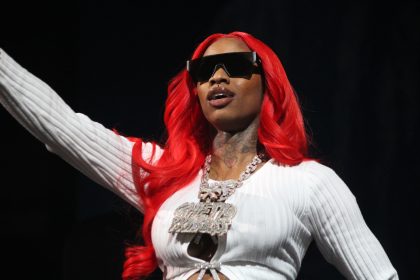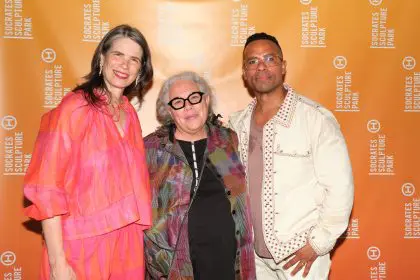A transformative wave of Black storytelling swept through Hollywood in 1995, forever altering the entertainment landscape. As we commemorate the 30th anniversary of this watershed moment, the impact of these groundbreaking films and television shows continues to reverberate through contemporary media.
The renaissance of Black narratives
A cultural awakening
In the midst of the Clinton era, as America grappled with evolving social dynamics, 1995 emerged as an extraordinary year for Black representation in mainstream entertainment. The period witnessed an unprecedented confluence of talent, with established stars and emerging voices crafting stories that would resonate for generations.
Forest Whitaker made his directorial debut with a compelling drama exploring the intricate lives of four accomplished Black women navigating love, career, and friendship. The film’s success, bolstered by powerhouse performances from Angela Bassett and Whitney Houston, demonstrated the commercial viability of stories centered on Black women’s experiences.
Action meets authenticity
Breaking new ground
The action genre underwent a significant transformation with the emergence of a dynamic buddy-cop narrative starring Will Smith and Martin Lawrence. This high-octane production, helmed by Michael Bay, defied conventional wisdom by proving that Black leads could anchor a successful action franchise, ultimately grossing over $141 million worldwide.
The Hughes Brothers pushed boundaries with their unflinching examination of post-Vietnam America through a Black veteran’s perspective. The film’s raw portrayal of socioeconomic challenges and systemic inequities resonated deeply with audiences, while launching the careers of several prominent actors.
Television’s evolution
Redefining family entertainment
The small screen witnessed its own revolution as creators like Robert Townsend brought nuanced portrayals of Black family life to prime-time television. These shows challenged stereotypes while delivering authentic storytelling that appealed to viewers across demographic lines.
John Singleton continued his exploration of racial dynamics and social justice through the lens of higher education, while horror maestro Wes Craven collaborated with Eddie Murphy to create a unique genre-blending experience that showcased Black talent in unexpected ways.
Legacy and influence
Shaping modern media
The creative output of 1995 laid crucial groundwork for today’s entertainment landscape. These productions demonstrated the commercial and critical potential of diverse storytelling, helping pave the way for current creators who continue to push boundaries and challenge conventions.
Many of the year’s breakout stars went on to become industry powerhouses. Will Smith transitioned from television star to global box office phenomenon, while Angela Bassett’s powerful performances established her as one of Hollywood’s most respected actresses.
Industry transformation
Breaking barriers
Behind the camera, 1995 marked significant progress for Black directors and producers. The success of these projects helped create opportunities for future generations of filmmakers, though industry statistics suggest there remains substantial room for improvement in representation at all levels of production.
The year’s achievements extended beyond individual success stories to reshape industry perspectives on Black-led projects. Studios began to recognize the substantial market for diverse storytelling, though this recognition would ebb and flow in subsequent years.
Contemporary resonance
Enduring impact
As streaming platforms revolutionize content distribution, many of 1995’s groundbreaking works find new audiences. Young viewers discover these classics through digital platforms, while contemporary creators draw inspiration from their pioneering approaches to storytelling.
The themes explored in 1995’s productions – from systemic inequality to the complexities of Black love and family life – remain startlingly relevant. Modern filmmakers frequently acknowledge their debt to this era, recognizing how it expanded possibilities for Black expression in mainstream entertainment.
Moving forward
Future horizons
While celebrating these achievements, industry veterans and emerging talents alike acknowledge persistent challenges in achieving equitable representation. The success of 1995’s releases demonstrated the appetite for diverse storytelling, yet barriers to entry and funding disparities continue to affect Black creators.
Nevertheless, the legacy of 1995 provides a blueprint for success and a reminder of entertainment’s power to shape cultural narratives. As we mark this 30th anniversary, the innovation and courage displayed by these pioneering artists continue to inspire new generations of storytellers.
The entertainment landscape has evolved dramatically since 1995, yet the year’s importance in advancing Black representation remains undimmed. These productions not only entertained but helped reshape popular culture’s engagement with Black stories and experiences. Their influence extends beyond entertainment, contributing to broader conversations about representation and cultural authenticity that remain vital today.

